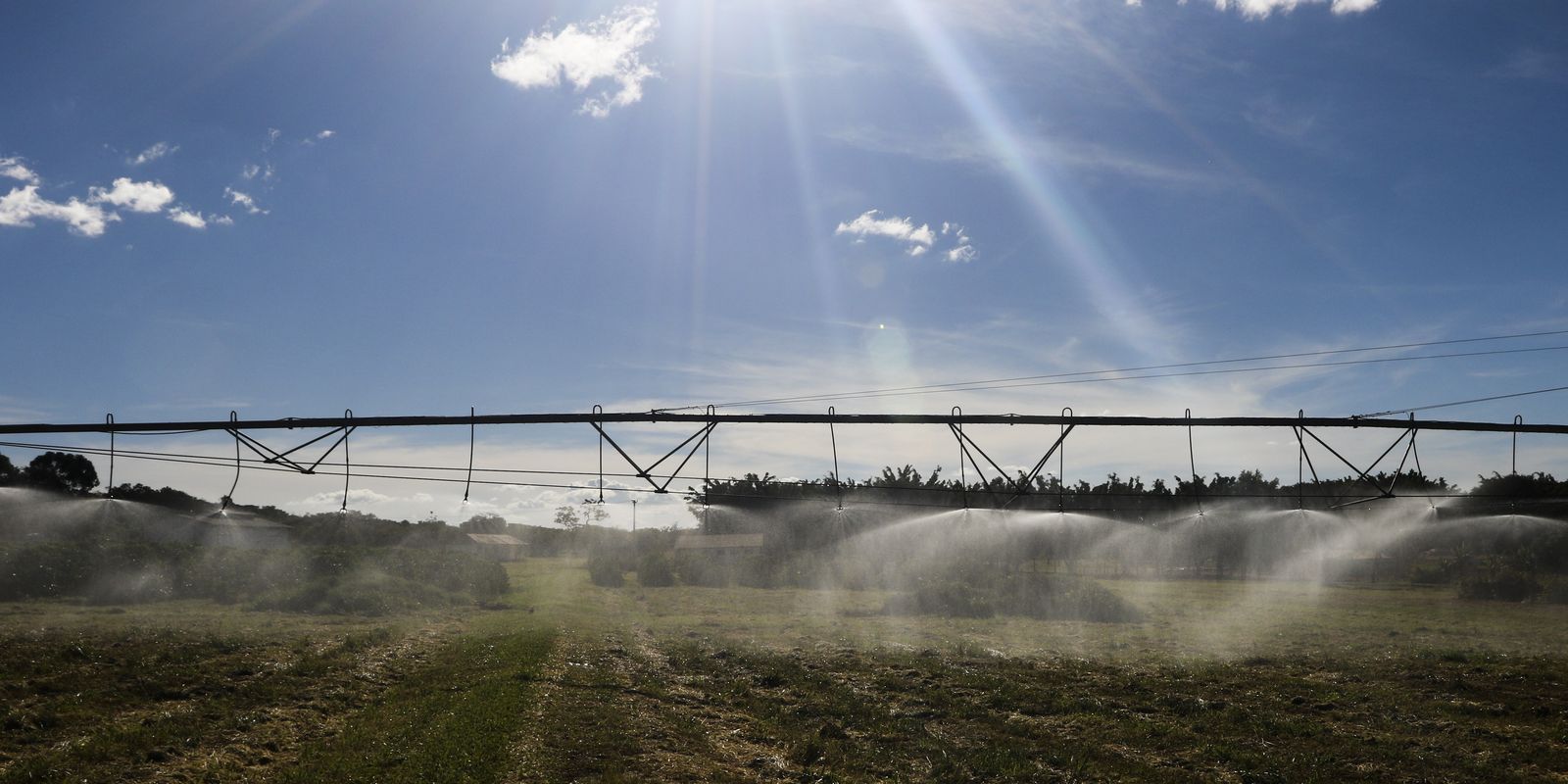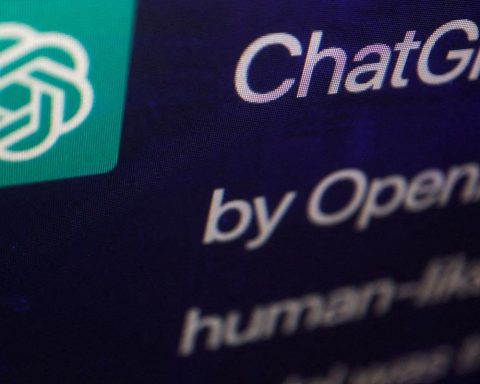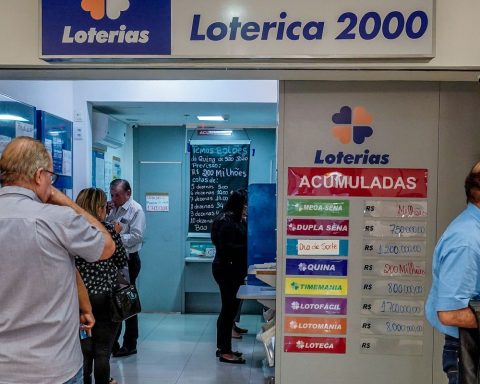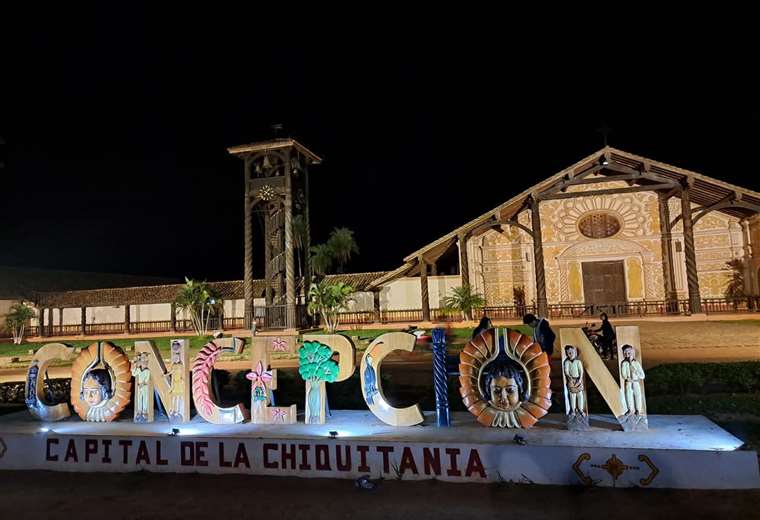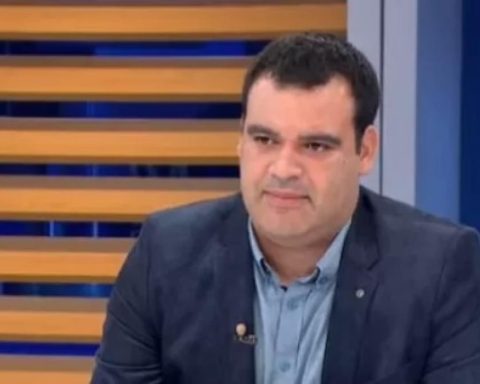Signed this Friday (6) after 25 years of negotiations, the agreement between Mercosur and the European Union (EU) has not undergone changes regarding trade in agricultural products, the Brazilian government clarified in the factsheet (summary document) about the treaty. The conditions for entry into the EU of agricultural goods exported by Mercosur were maintained in relation to the original 2019 text.
The final text went against the expectations of countries like France and Poland, which wanted to restrict products from the South American continent so as not to lose competitiveness. There is a possibility that Italy, the Netherlands and Austria will oppose the agreement.
According to the factsheet released by the Brazilian government, coffee and seven types of fruit from Mercosur will enter the European Union without tariffs or quotas. According to the Mercosur offer accepted by the EU, the fruits with free circulation are: avocado, lemon, lime, melon, watermelon, table grapes and apple.
Other agricultural products will have quotas (maximum volumes) and tariffs to enter the European Union, but lower than the current ones. The agreement provides for the reduction (gradual removal of the tariff), in order to eliminate the Import Tax between the two blocks and comply with the conditions of a free trade zone. The deadlines for eliminating tariffs are four, seven, eight, 10 and 12 years, varying depending on the item.
The quotas defined in the trade agreement will later be divided among Mercosur countries. If Mercosur exports to the EU exceed the quota, the products will pay the current rates.
According to the Brazilian government document, the European Union’s offer, accepted by Mercosur, corresponds to approximately 95% of the goods and 92% of the value of Brazilian goods exports to the European Union. Products subject to quotas or non-tariff treatments (such as environmental or sanitary barriers) represent around 3% of goods and 5% of the value imported into the European Union, with these treatments mainly applied to items in the agricultural and agroindustry sector.
According to the Ministry of Development, Industry, Commerce and Services, the approach reflects the balance sought between opening markets and protecting sensitive sectors for both parties.
Check the situation by product:
| Coffee: requirement that 40% of green coffee and 50% of soluble coffee originate in Brazil. For the three types of coffee (green, roasted and soluble), tariffs, currently between 7.5% and 11%, will be eliminated in four to seven years |
| Fresh table grapes: immediate removal of the 11% tariff, with free trade |
| Avocados: 4% rate removed in four years |
| Lemons and limes: 14% tariff withdrawn within seven years |
| Watermelons and melons: current rate of 9% eliminated in seven years |
| Apples: current 10% tariff removed in ten years |
| Industrial ethanol: tariffs gradually zeroed, with a quota of 450 thousand tons tax-free when the agreement comes into force |
| Ethanol for fuel and for other uses: tariffs gradually zeroed, with a quota of 200 thousand tons, with a third of the European tariff (6.4 euros or 3.4 euros per hundred liters), with increasing volume in six stages up to five years later the entry into force of the agreement |
| Sugar: tariffs gradually zeroed, quota of 180 thousand tons with zero tariff and current tariffs, between 11 euros and 98 euros per ton, on what exceeds the quota. Specific quota of 10 thousand tons for Paraguay, with zero tax rate |
| Rice: tariffs gradually zeroed, with a quota of 60 thousand tons at zero rate from the entry into force of the agreement and an increasing volume of six stages in five years |
| Honey: tariffs gradually zeroed, with a quota of 45 thousand tons at zero rate from the validity of the agreement and increasing volume in six stages over five years. |
| Corn and sorghum: tariffs gradually zeroed, quota of 1 million tons with zero rate when the agreement comes into force, with volume increasing in six annual stages over five years |
| Eggs and ovalbumin: tariffs gradually zeroed, with a quota of 3 thousand tons at zero rate from the validity of the agreement, with increasing volume in six annual stages over five years |
| Beef: quota of 99 thousand tons of carcass weight, 55% chilled and 45% frozen, with a reduced tariff of 7.5% and an increasing quota in six stages. Hilton quota, of 10 thousand tons, with a rate reduced from 20% to 0% from the entry into force of the agreement |
| Poultry meat: quota of 180 thousand tons of carcass weight with zero tariff, of which 50% bone-in and 50% boneless and increasing volume in six stages |
| Pork: quota of 25 thousand tons with a tariff of 83 euros per ton and increasing volume in six stages |
| Orange juice: rate reduction to zero in 7 and 10 years and preference margin (rate reduction in relation to the current rate) of 50% |
| Cachaça: release of trade in four years for bottles of less than 2 liters, quota of 2.4 thousand tons with zero tax rate and increasing volume in five years for bulk cachaça. Currently, spirits pay a tax rate of around 8% |
| Cheese: quota of 30 thousand tons with increasing volume and decreasing rate over 10 years (exclusion of mozzarella from the agreement) |
| Yogurt: 50% preference margin |
| Butter: 30% preference margin |
|
Source: Ministry of Agriculture and Brazilian government factsheet |
